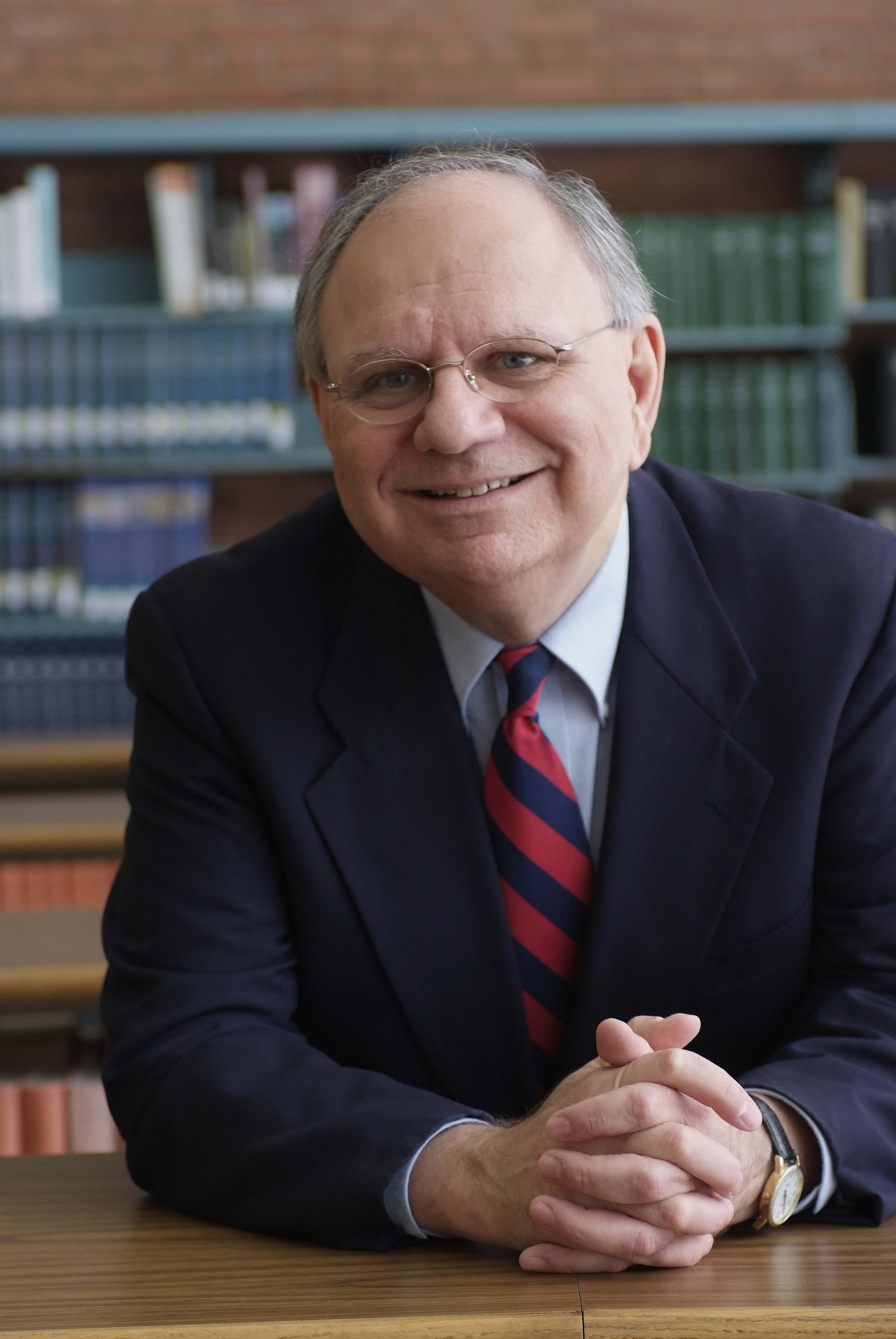Key points:
- A recent UM News article described how some groups that have been urging congregations to leave The United Methodist Church still plan to try to exert influence at the upcoming United Methodist General Conference.
- It’s time for all groups to move on from dividing to unifying and disciple-making, writes the Rev. Lovett H. Weems Jr.
- Those remaining in The United Methodist Church are what some today call “compatibilists,” willing to stay in connection with people with whom they may disagree on important matters.

Photo courtesy of Wesley Theological Seminary.
Commentaries
A recent UM News article describes the ill-advised plans of groups that spent the last years attacking The United Methodist Church and trying to recruit churches away from the denomination. The article documents the groups’ plans to continue to affect the decision-making of The United Methodist Church as the denomination seeks to start a new future following these attacks to divide.
The period of disaffiliation is over. It is time for all groups to move on from dividing to unifying and disciple-making.
The upcoming General Conference is for those who remain after the chaos of recent years. All the delegates come with the responsibility to do only those things that strengthen The United Methodist Church. They have chosen to remain not because they all agree, but because they are willing to live together despite differences, knowing that disunity is incompatible with Christian teaching.
Those who remain follow in the spirit of Methodism founder John Wesley, for The United Methodist Church understands itself to be grounded in the work and witness of Wesley.
Wesley disagreed vehemently with George Whitefield over the doctrine of predestination. Whitefield believed and preached predestination. Wesley thought it was a dangerous doctrine. However, Wesley concluded that it was better for the cause of Christ for them to work together, despite their differences, than to separate.
Those continuing as United Methodists are what some today call “compatibilists,” meaning they both honor their moral convictions while remaining connected with those whose convictions may differ. What that means in the current division within the denomination is that they have firm stances about potentially divisive issues, yet they can still live in faithful ministry with those who differ in those positions.
In other words, they are like people in most congregations who do not expect all other members to agree with them on all topics. John Wesley understood that good people may entertain “peculiar opinions” and it was certain, “so long as we know in part,” that all will not see things alike.
As we can see, the concept of compatibilists is not new even in the U.S. context. A hundred years ago, fundamentalists within some denominations tried to enforce doctrinal conformity to their own set of beliefs. Within that context, today’s compatibilists would have been called, in historian George Marsden’s term, “inclusivists.”
The fundamentalists, as Marsden points out, probably had the agreement of a majority within some denominations on fundamentalist ideas, but the fundamentalists did not prevail because they came to be seen as “exclusivists” who made no place for liberty, conscience and freedom of thought.
Subscribe to our
e-newsletter
We do not need to mimic the polarized politics of our nation. We’ve been down that road before. In 1844, Methodists divided over slavery before the nation did. What a pitiful example the largest denomination in the country provided to the nation in a time of turmoil. The divisiveness of the 1840s and the 2020s hardly displays the Ephesian vision of the church as an example and foretaste of what God intends for the whole world.
In a country seemingly unreconcilably divided today, is not God calling us to put aside the accumulated acrimony and bitterness from years of words and deeds for which we all could have done better and wish for each other God’s blessings for the future?
May God free our souls of hostility and enmity to lead with grace and civility, even if differently, until as John Wesley put it, “we give an account to God.”
The Rev. Lovett H. Weems Jr. is senior consultant at the Lewis Center for Church Leadership, distinguished professor of church leadership emeritus at Wesley Theological Seminary and author of several books on leadership.
News media contact: Tim Tanton or Joey Butler at (615) 742-5470 or newsdesk@umcom.org. To read more United Methodist news, subscribe to the free Daily or Weekly Digests.


